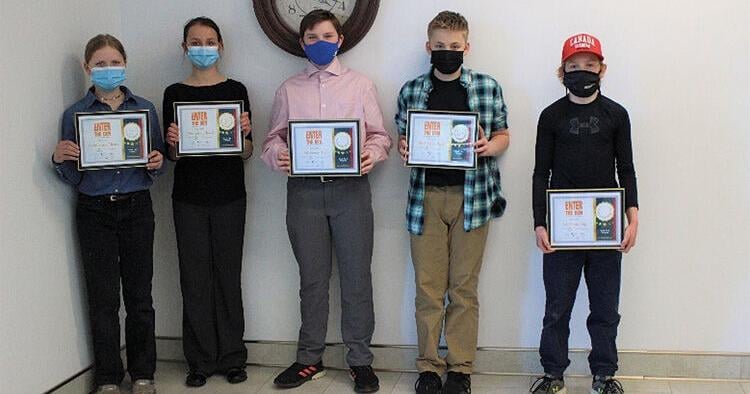Contessa Health’s leaders see palliative care as the accurate linchpin of their small business and have programs to improve the phase in the in the vicinity of upcoming.
Though Amedisys Inc. (Nasdaq: AMED) acquired Contessa last year, it has permitted the corporation to work independently, which has enabled Contessa leaders to keep concentration on their possess advancement trajectory, particularly in palliative care.
At Hospice News’ current Palliative Treatment Convention in Chicago, Contessa COO Aaron Stein stated that he and Amedisys Chairman Paul Kusserow are “extremely bullish” on palliative treatment over-all.
“The emotion we get when we talk to clinicians — specially in hospice and property overall health care — is this perception that there’s a great deal of people that slide by means of the cracks mainly because there’s not that longitudinal design which is in put,” Stein reported. “I imagine our palliative care section is likely to grow to be a lot far more important at Contessa. We, like everybody else, imagine that palliative treatment is an underused support.”
Primarily based in Nashville, Tennessee, Contessa Well being is one particular of the pioneers of at-residence, significant-acuity care supply. Its companions consist of Penn State Wellbeing, Mount Sinai Wellbeing Procedure, Henry Ford Wellbeing System, Marshfield Clinic Well being Process, Ascension Saint Thomas, CommonSpirit Wellbeing and Highmark Overall health, among other individuals.
Amedisys obtained the company very last June for a obtain selling price of $250 million.
On its stop, the Baton Rouge, Louisiana-based mostly Amedisys is one of the major household wellness vendors in the U.S. It also provides own care and hospice solutions, offering care to practically 500,000 patients per yr by about 500 treatment centers in 39 states and the District of Columbia.
Now, Contessa’s palliative treatment section reaches 13 states, and Stein said he would think about that is heading to continue to mature as it moves ahead, specifically in value-dependent arrangements.
Stein mentioned Contessa defines palliative treatment as everyday living-improving treatment offered to people with major ailment. The firm believes palliative treatment desires to not only be clinical-focused, but also social-focused.
“Sometimes it’s social determinants and other situations it is basic factors like interactions, religion and other issues that seriously need to occur with each other for people at the finish of everyday living,” he said. “This care model is there [to make sure] people are not remaining seeing 30 doctors in their very last year of daily life.”
Contessa’s joint enterprise method
In addition to palliative treatment, locating the suitable associates is just one of the important growth levers for Contessa.
When thinking about joint ventures, Stein mentioned the firm appears to be at several things.
“We’re on the lookout at the styles of payers that have a tendency to dominate the admissions that go into the hospital,” he mentioned. “We also search at the types of admissions, the sorts of patients, the procedures they may possibly have and their fortitude for alter — which includes being in benefit-based mostly arrangements.”
When striking a offer with a joint undertaking, Contessa will appear up with a a few-calendar year business prepare that is highly variable, in accordance to Stein.
“Some of it may differ because there is various tolerance by wellbeing options for the types of innovation that we’re chatting about,” he explained.
Contessa uses a projection design for the first three a long time of a joint enterprise and will contemplate anything from payer to hospital when identifying objectives for the start.
Stein stated he’s encouraged that hospitals are investing in palliative treatment. He also pointed out the brilliant place that is Medicare Benefit in the house.
“If Medicare Benefit eventually finishes up seeing a lot of people in these forms of applications, our perception has been that eventually fee for support finally will abide by along,” he claimed. “With the amplified penetration these times of Medicare Benefit, for me, it’s pure to assume that that would materialize.”
In get for household-dependent palliative treatment access to boost in the U.S., Stein thinks it will come down to two factors: scale and reimbursement.
On the reimbursement side, a palliative treatment at-residence profit would assistance corporations like Contessa supply that type of treatment to more people.
“And in terms of scale, you just can’t afford to pay for to have people today driving all over in their cars and trucks all working day, there is too substantially downtime in buy to make that materialize,” he claimed. “As a guy that was expanding this organization that was absolutely free-standing for a several yrs, which is what definitely excites me about the Amedisys relationship, mainly because now we have acquired the scale. We have obtained the total of patients that require to go by it and it’s a matter of really growing this and proving to the govt that we can do it.”

